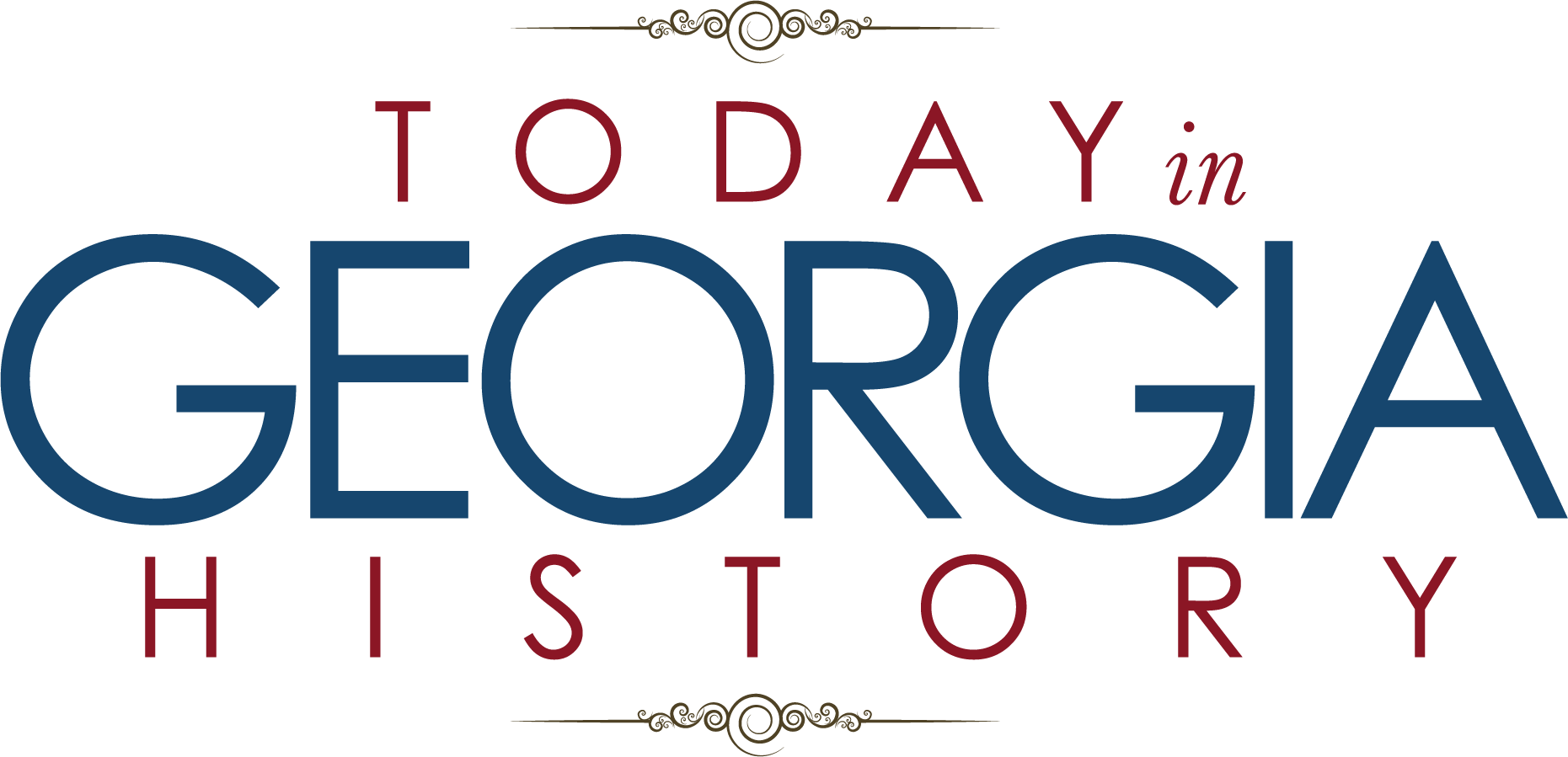Daily Activities – Georgians at Chicago World’s Fair
The daily activities created for each of the Today in Georgia History segments are designed to meet the Georgia Performance Standards for Reading Across the Curriculum, and Grade Eight: Georgia Studies. For each date, educators can choose from three optional activities differentiated for various levels of student ability. Each activity focuses on engaging the student in context specific vocabulary and improving the student’s ability to communicate about historical topics.
One suggestion is to use the Today in Georgia History video segments and daily activities as a “bell ringer” at the beginning of each class period. Using the same activity daily provides consistency and structure for the students and may help teachers utilize the first 15-20 minutes of class more effectively.
Optional Activities:
Level 1: Provide the students with the vocabulary list and have them use their textbook, a dictionary, or other teacher provided materials to define each term. After watching the video have the students write a complete sentence for each of the vocabulary terms. Student created sentences should reflect the meaning of the word based on the context of the video segment. Have students share a sampling of sentences as a way to check for understanding.
Level 2: Provide the students with the vocabulary list for that day’s segment before watching the video and have them guess the meaning of each word based on their previous knowledge. The teacher may choose to let the students work alone or in groups. After watching the video, have the students revise their definitions to better reflect the meaning of the words based on the context of the video. As a final step, have the students compare and contrast their definitions to their textbook, dictionary or other teacher provided materials definitions.
Level 3: Provide the students with the vocabulary list and have them use their textbook, a dictionary, or other teacher provided materials to define each term. After watching the video, have the students write a five sentence paragraph based on the provided writing prompts.
Vocabulary/Writing Prompts:
Vocabulary Terms
Progress Exposition
Mired
Prosperity
Delegation
Offensive
Tout
Writing Prompts
1. Does it surprise you that the Chicago World’s Fair occurred during the Great Depression? In a five-sentence paragraph, explain the economic goals of the Chicago World’s Fair.
2. What can historians learn about American culture and society in 1933-34 from studying the Chicago World’s Fair? In a five-sentence paragraph discuss what primary sources historians may have access to from the fair and what they can learn from them.
3. In a five-sentence paragraph, explain why you think the organizers of the fair chose the title “A Century of Progress”?
Related Georgia Performance Standards:
Reading Across the Curriculum (Grades 6-12)
SSRC1 Students will enhance reading in all curriculum areas by:
c. Building vocabulary knowledge
• Demonstrate an understanding of contextual vocabulary in various subjects.
• Use content vocabulary in writing and speaking.
• Explore understanding of new words found in subject area texts.
d. Establishing context
• Explore life experiences related to subject area content.
• Discuss in both writing and speaking how certain words are subject area related.
• Determine strategies for finding content and contextual meaning for unknown words.
Common Core, College and Career Readiness Anchor Standards for Writing
Text Types and Purposes
1. Write arguments to support claims in an analysis of substantive topics or texts, using valid reasoning and relevant and sufficient evidence.
2. Write informative/explanatory texts to examine and convey complex ideas and information clearly and accurately through the effective selection, organization, and analysis of content.
3. Write narratives to develop real or imagined experiences or events using effective technique, well-chosen details, and well-structured event sequences.
National Curriculum Standards for Social Studies
Theme 1: Culture; Theme 2: Time Continuity and Change; Theme 7: Product Distribution and Consumption
Grade 8 Georgia Studies
SS8H8 The student will analyze the important events that occurred after World War I and their impact on Georgia.
a. Describe the impact of the boll weevil and drought on Georgia.
b. Explain economic factors that resulted in the Great Depression.
c. Discuss the impact of the political career of Eugene Talmadge.
d. Discuss the effect of the New Deal in terms of the impact of the Civilian Conservation Corps, Agricultural Adjustment Act, rural electrification, and Social Security.
United States History, 9-12
SSUSH17 The student will analyze the causes and consequences of the Great Depression.
a. Describe the causes, including overproduction, underconsumption, and stock market speculation that led to the stock market crash of 1929 and the Great Depression.
b. Explain factors (include over-farming and climate) that led to the Dust Bowl and the resulting movement and migration west.
c. Explain the social and political impact of widespread unemployment that resulted in developments such as Hoovervilles.
SSUSH18 The student will describe Franklin Roosevelt’s New Deal as a response to the depression and compare the ways governmental programs aided those in need.
a. Describe the creation of the Tennessee Valley Authority as a works program and as an effort to control the environment.
b. Explain the Wagner Act and the rise of industrial unionism.
c. Explain the passage of the Social Security Act as a part of the second New Deal.
d. Identify Eleanor Roosevelt as a symbol of social progress and women’s activism.
e. Identify the political challenges to Roosevelt’s domestic and international leadership; include the role of Huey Long, the “court packing bill,” and the Neutrality Act.
Grade Five, United States History Since 1860
SS5H5 The student will explain how the Great Depression and New Deal affected the lives of millions of Americans.
a. Discuss the Stock Market Crash of 1929, Herbert Hoover, Franklin Roosevelt, the Dust Bowl, and soup kitchens.
b. Analyze the main features of the New Deal; include the significance of the Civilian Conservation Corps, the Works Progress Administration, and the Tennessee Valley Authority.
c. Discuss important cultural elements of the 1930s; include Duke Ellington, Margaret Mitchell, and Jesse Owens.



